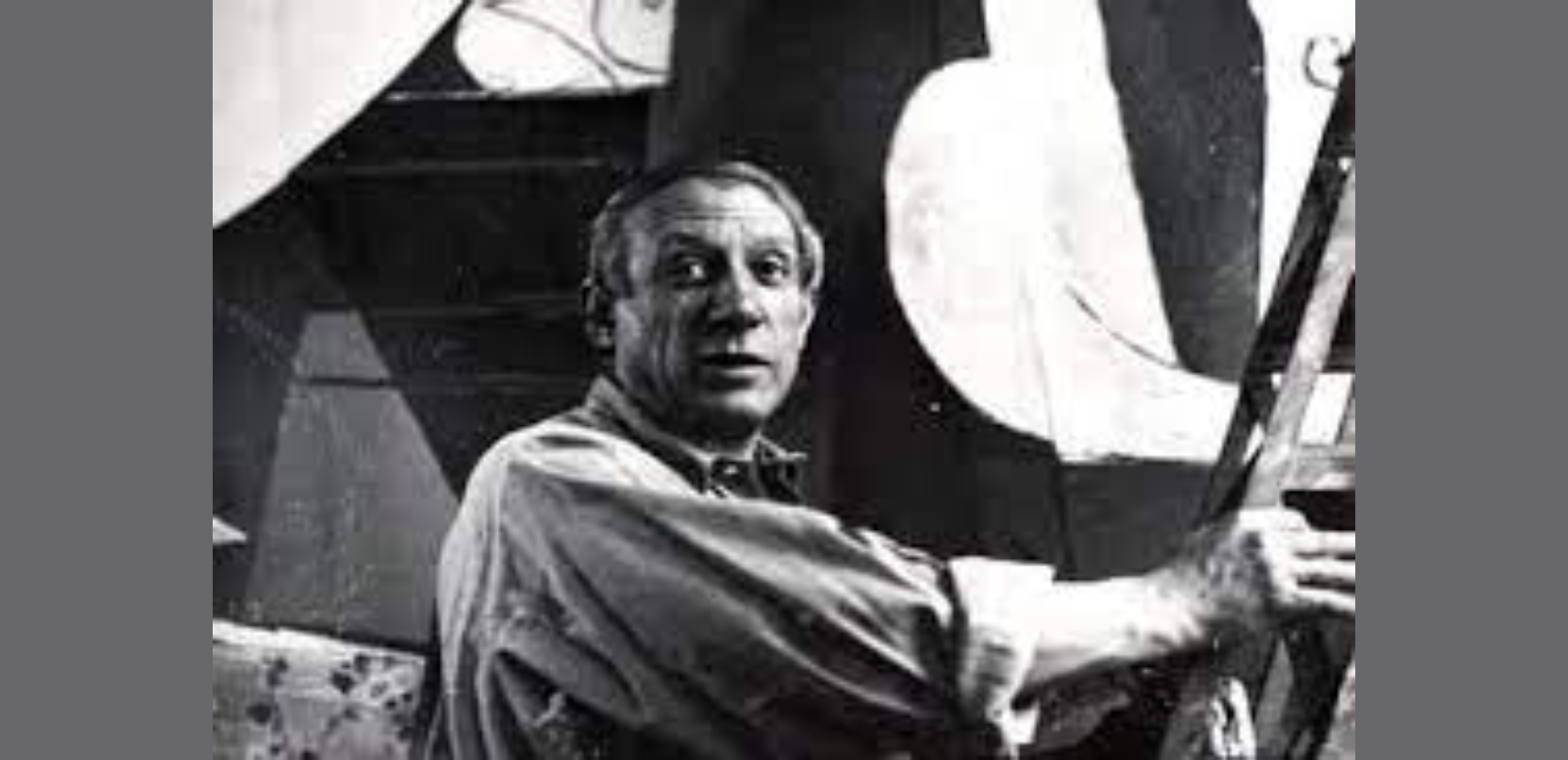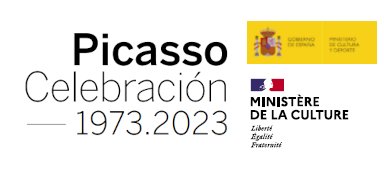
Pablo Picasso stood out for the political commitment he made to the government of the Republic during the Civil War. In addition to the patronage role he played with the artists of the diaspora, Picasso became the integrating icon of a generation dispersed in exile, as a circle of intellectuals was created around him, who, amidst the difficulties of exile, found the opportunity to continue their professional careers in French exile.
Picasso's first contact with left-wing ideas dates back to his time in Barcelona as a result of the painter's contact with the meetings at the Café Els Quatre Gats. At this café, the artist was influenced by anarchist ideas. One of Picasso's first actions in favour of the Spanish Republic was in 1937 on the occasion of the American Artists' Congress in New York. At that time he sent a telegram which read as follows: "I regret that I am unable to address the Congress of American Artists, as I wished, to tell them, as director of the Prado Museum, that the democratic government of the Republic has taken all necessary measures to ensure that in this unjust and cruel war the artistic treasure of Spain, which is safe, does not suffer any damage whatsoever". (La Libertad, 1937, as cited in Real López, 2018).
In 1937, the artist produced the etching Sueño y Mentira de Franco, a clear example of a demonstration in repudiation of Franco's side and the horrors of the war. Picasso, like many other artists, adopted art as a tool for political denunciation, expressing through his works his support for the Republican government and a clear defensive stance.
References
- Picasso, Pablo. Telegram from Picasso to the Congress of American Artists. La Libertad, 1937, December 24, p. 4.
- Real López, Inmaculada. Commitment and Solidarity. Picasso and the Spanish artists in Republican exile, 2018. Centro de Investigación y Estudios Republicanos. (on line: http://www.ciere.org/files/files/Art_4_%2098_%20Compromiso.pdf

